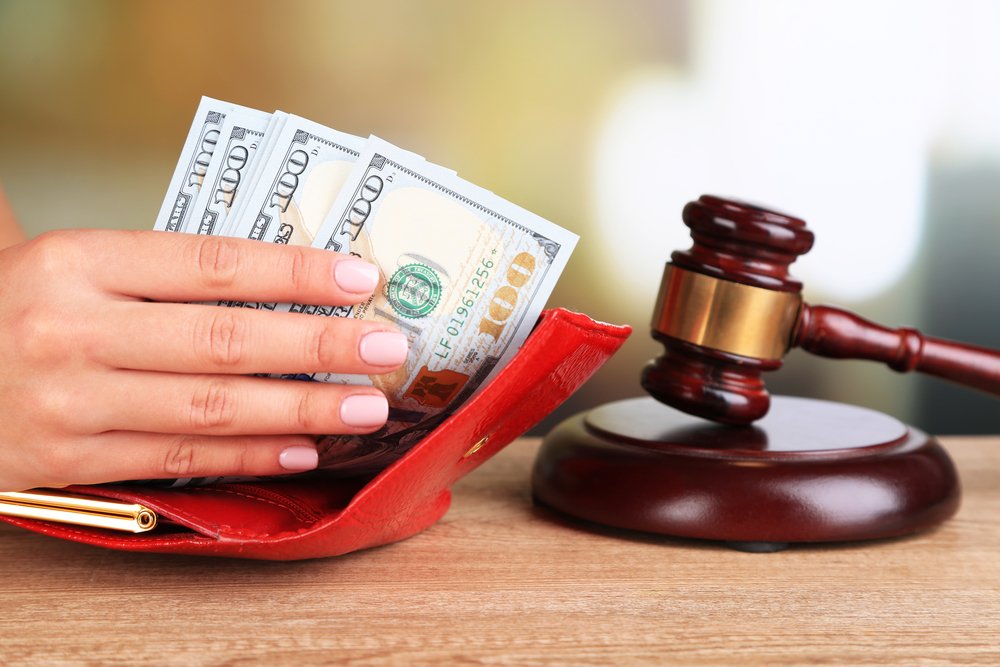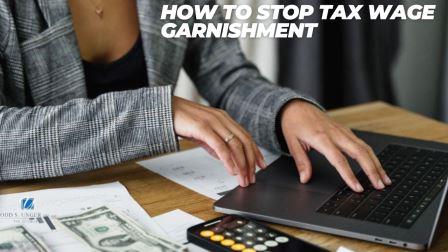Paid Off My Wage Garnishment: A Comprehensive Guide
Wage garnishment can be a stressful financial burden, but successfully resolving it brings immense relief. When I “paid off my wage garnishment,” it marked the beginning of a fresh financial chapter. This blog explores what wage garnishment is, how to pay it off, the impact on credit, and tips for preventing it in the future. … Read more


